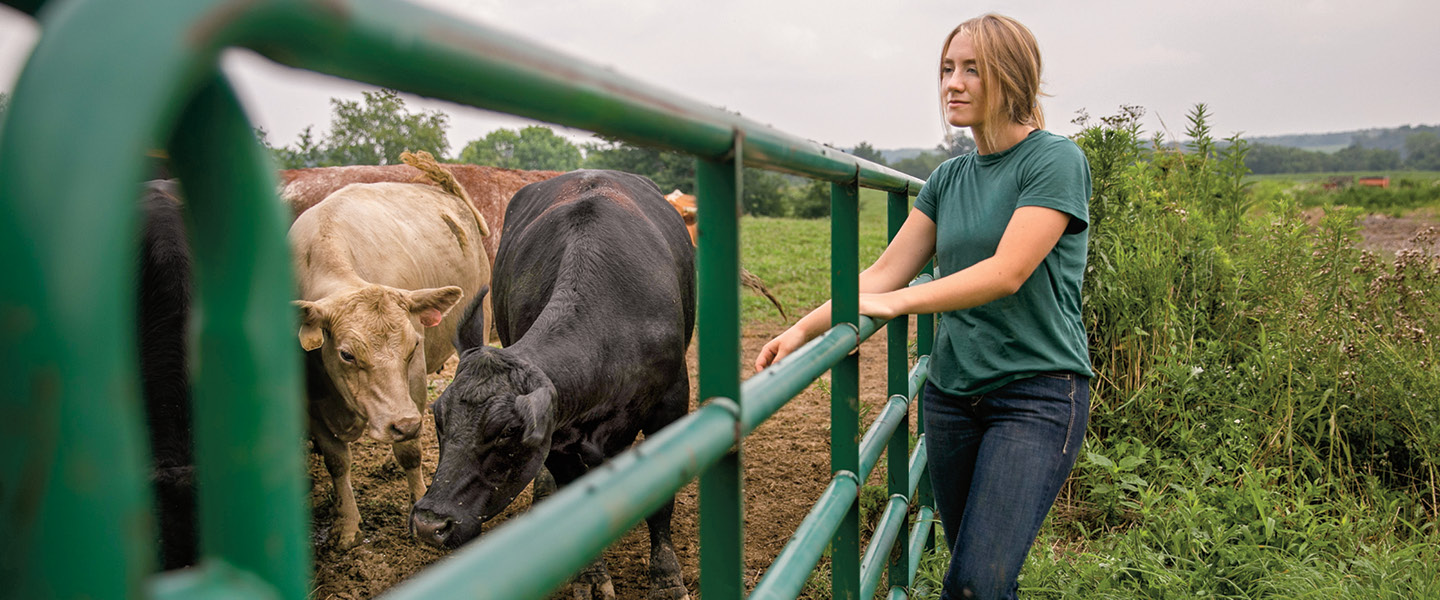For the Laymon family in rural Ohio, farming is a family affair—but the four teens take the reins.
Wyatt, 13, takes care of the feral hogs, chickens, and ducks. He gets paid for every dozen eggs he collects. Autumn, 15, milks the dairy cow, manages the farm’s horses, and cleans the stalls. She also has her own set of roping calves and spends her time off the farm competing in rodeo. Will, 19, is away at college nearby, though he spends summers on the farm helping with construction projects and working for his dad’s tree-cutting service.
For the Laymon family in rural Ohio, farming is a family affair. But the four teens take the lead.
Wyatt, 13, takes care of the feral hogs, chickens, and ducks. He gets paid for every dozen eggs he collects. Autumn, 15, milks the dairy cow. She manages the farm’s horses and cleans the stalls. She also has her own set of roping calves and spends her time off the farm competing in rodeo. Will, 19, is away at college nearby. He spends summers on the farm helping with construction projects and working for his dad’s tree-cutting service.

